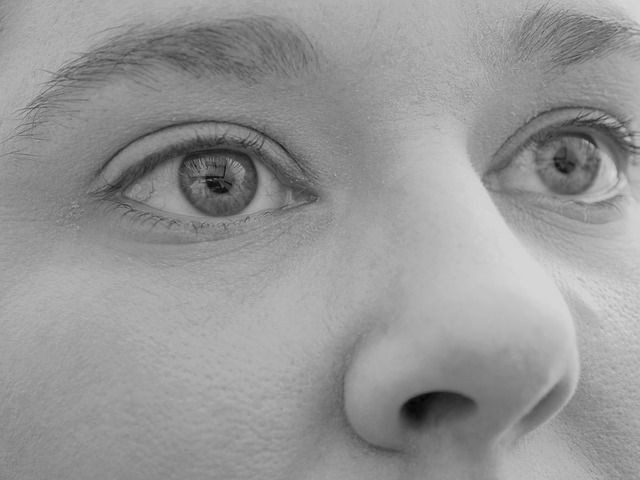Are Boogers Important? The Reasons Why You Should Stop Picking Your Nose

When our nose becomes congested or runny, we often wonder why boogers exist in the first place. What is this slimy, disgusting substance in my nose and why is it there?
According to The American Academy of Otolaryngology, every day we breathe in 18,000 to 20,000 liters of air through our noses. This includes particles of dust, pollen, dirt, and dead skin cells. To prevent these particles from entering our body, the nose secretes mucus which catches the particles. After catching these particles, the mucus becomes caught by the small hairs in our nose known as cilia and is pushed by the cilia to the closest exit – the front of our nose, according to Symptom Find. This is how boogers are born.
You might be wondering to yourself: “What is the harm in picking boogers if they are essentially the dust collectors of our nose?” According to a 2006 study consisting of 238 participants, those who picked their nose were more likely to carry a staphylococcus aureus infection than participants who didn’t try scratching their brain.
“You can increase the crusting and irritation inside by picking your nose. Additionally, children are notorious for picking their nose and they give themselves nosebleeds. The blood supply to the front of the nose is very vigorous. There are five arteries that feed the front of the nose. It’s called kiesselbach’s plexus, and when an abrasion occurs there, there’s vigorous bleeding, and so children induce a lot of nosebleeds by picking their nose as well,” Dr. Erich Voigt, an NYU otolaryngologist, said in a video posted on Business Insider.
Although people can be colonized with staphylococcus aerues and never become infected, if an abrasion occurs in the nose, the protective boogers can’t stop the infection from entering the body through the abrasion. According to the Minnesota Department of Health, staphylococcus aerues is commonly spread by contaminated hands, which likely resulted from a nose picker.
Read More: The Science Of Smell: How Do Our Noses Identify Different Odors?
Wertheim H, Kleef M, Vos M, Ott A,Verbrugh H, Fokkens W. Nose Picking and Nasal Carriage of Staphylococcus aureus. Infection Control and Hospital Epidemiology. 2006
Published by Medicaldaily.com



























